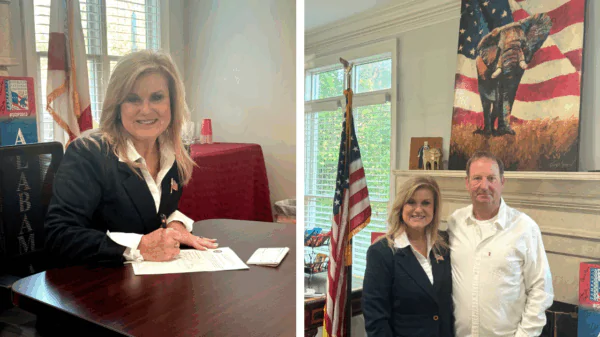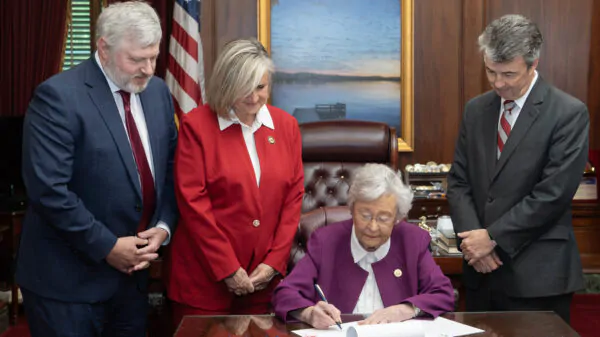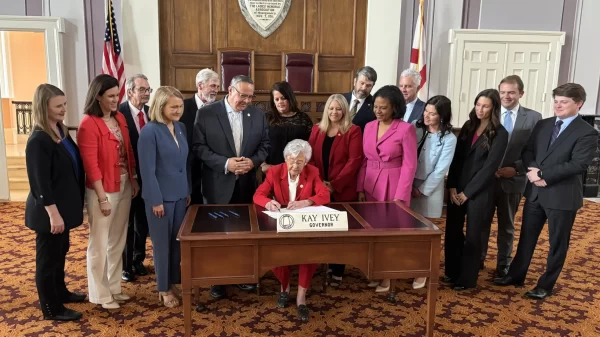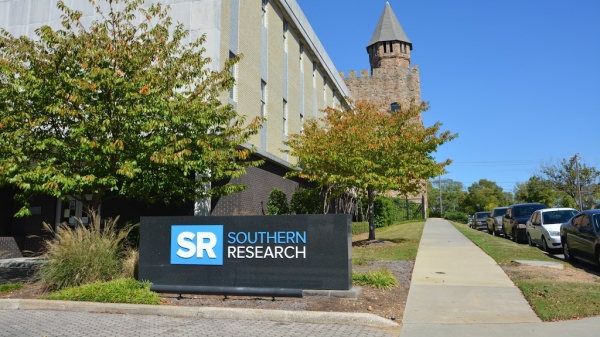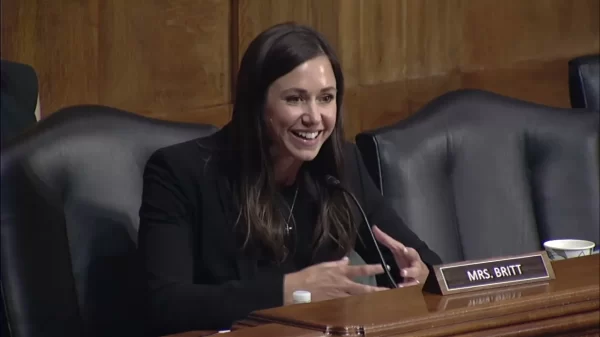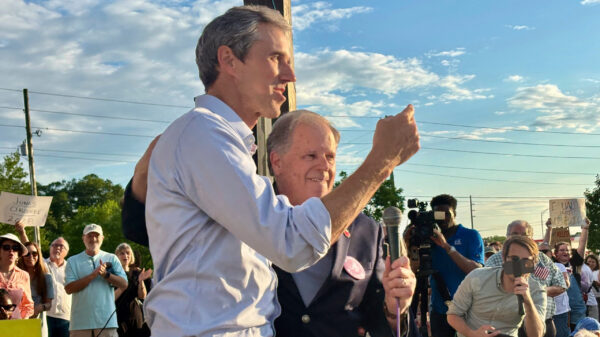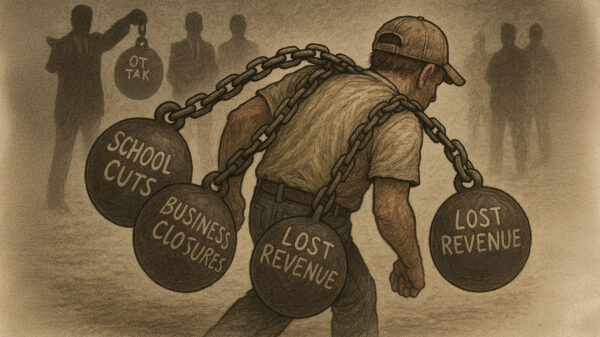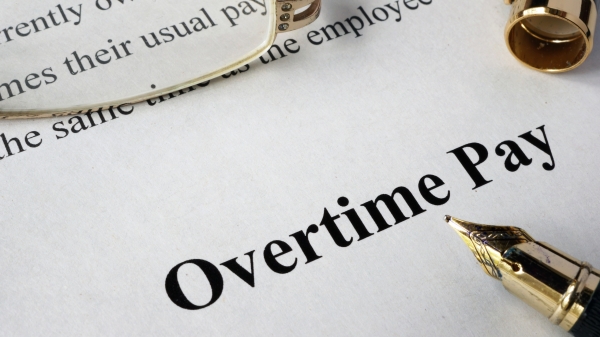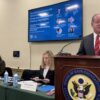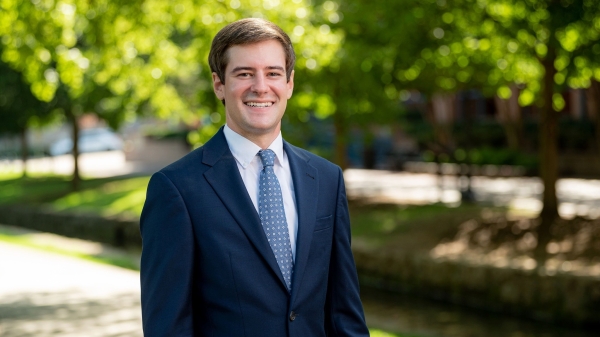By Frank Dillman
Citizens in 24 states, the District of Columbia and thousands of cities have a greater voice than Alabamians because our legislative process permits trumping 9-5 working voices with well-funded special interest groups. As a result, many citizens have apathetically surrendered their civic duty asking “Why vote, does it matter?”
It does matter. Moreover, that solution is rests with our legislature. The ability to create a “citizen friendly” state along with the “business friendly” state touted by Speaker Mike Hubbard is solely theirs. Their unwillingness to provide citizens a vote on Initiative and Referendum (I&R), the capability for citizens to be more involved in state government, is self-preservation.
Women suffrage, child labor laws, poll tax prohibition, and recall in some states resulted from the people when their legislatures failed to act. More recently, when life begins, eminent domain reform, death penalty abolishment, food safety, and educational reform have been on ballots due to citizen legislators.
Historically dating back to 5th century BC; U.S. presence since the 1600’s and Birmingham in 1911; and favored by Thomas Jefferson, Fob James, and Lt. Governor Kay Ivey Alabama citizens live under a restrictive government.
Ivey’s 2014 campaign web site encourages greater citizen involvement for “…average citizens could make law even if Montgomery disagrees: “initiative” and “referendum.” They do not replace the legislature, but supplements it in case they fail to do our business.”
So what is Initiative and Referendum?
Initiative is a citizen right to place statutes and constitution amendments before voters.
Referendum, or people’s veto, is the right to accept or reject legislative actions and ballot measures. Currently, Alabama has legislative referendum, originating in the legislature, not popular referendum, initiated by the people.
Theodore Roosevelt during the 1912 Ohio State Constitutional Convention explained, “I believe that the initiative and referendum should be used, not as substitutes for representative government, but as methods of making such government really representative… not to be the normal way of legislation… if the representatives fail truly to represent the people…then the people shall have in their hands the facilities to make good the failure.”
If Alabamians had popular referendum, using Roosevelt’s position, I have little doubt that the infamous 2007 62% pay raise would have been recalled.
Both initiative and popular referendum can be “indirect” or “direct.” “Indirect” provides an opportunity for the legislature to act with the measures, not stopping or altering the initiative without the registrant’s approval, 2014 HB209 (HB209), “direct” circumvents the legislature. HB209 provided for indirect initiative and referendum.
Birmingham voters have used initiative as early as 1911 and as recent as 2001. The National Municipal Review, Vol. III, of 1914, also recorded Talladega voters attempted recall yet “failed to get a sufficient number of signatures”.
I&R has been before our legislature the last ten sessions. The House Constitution, Campaigns and Elections committee reliably preserves the status quo by annually dispatching the bill.
Research documents citizen legislating is advantageous for both the electorate and government. The availability of ballot measures causes voters to be more knowledgeable and engaged in the political process including voting, believe their government to be more responsive, and their public servants know how they think.
Look to September 2012 to appreciate the volume of interest and activism for that single measure ballot, to prevent closure of healthcare facilities and release of prisoners. Media coverage, break-room and kitchen table discussions, and flyers dominating most healthcare facility’s vertical surfaces across Alabama were “in your face” weeks before the election. Who was on the ballot six weeks later along with Forever Wild?
Polling shows the majority of voters favor and support continued use of I&R.
Iandrinstitute.org summarizes Portrait of American polling results, “By every measure, support is significantly higher among I&R states. The 1999-2001 surveys conclusively demonstrate that the experience of voting on initiatives and referendum actually increases support for the process.”
Alabamians by a margin of almost 3 to 1 favored I&R in 2010, a score four points higher than the national average of 67%, according to Pulse Opinion Research for CitizensInCharge.org. Age group 18 – 29 years topped the other seven demographics with an astonishing 90% favorable response.
Opponents frequently argue initiatives will be flooded with large amounts of money and unpopular measures will become law. I council, look no further than the hundreds of thousands of dollars from an out-of-state international office poured into the 2012 Forever Wild legislative referendum. Furthermore, are you pleased with all the laws passed by the 140 in Montgomery?
Some will make the valid case special elections cost money. However, HB209 stipulated no special initiative or popular referendum elections, unlike the September 2012 election costing $3 million.
Still others contend we have a representative form of government, forgetting our constitutions provide for civil assembly and redress.
Foremost, our legislators must study, understand, and accept the benefits of a trusted, educated, and engaged electorate to appreciate citizens having an interest and ability to understand complex issues and will vote with our hearts and minds for a better Alabama.
Frank Dillman, U.S. Navy retired, has served half of his career with the Marine Corps as their “doc.” He is an activist focused on greater citizen participation in government and full transparency. Contact Frank at admin@LetBamaVote.org or visit LetBamaVote.org.


